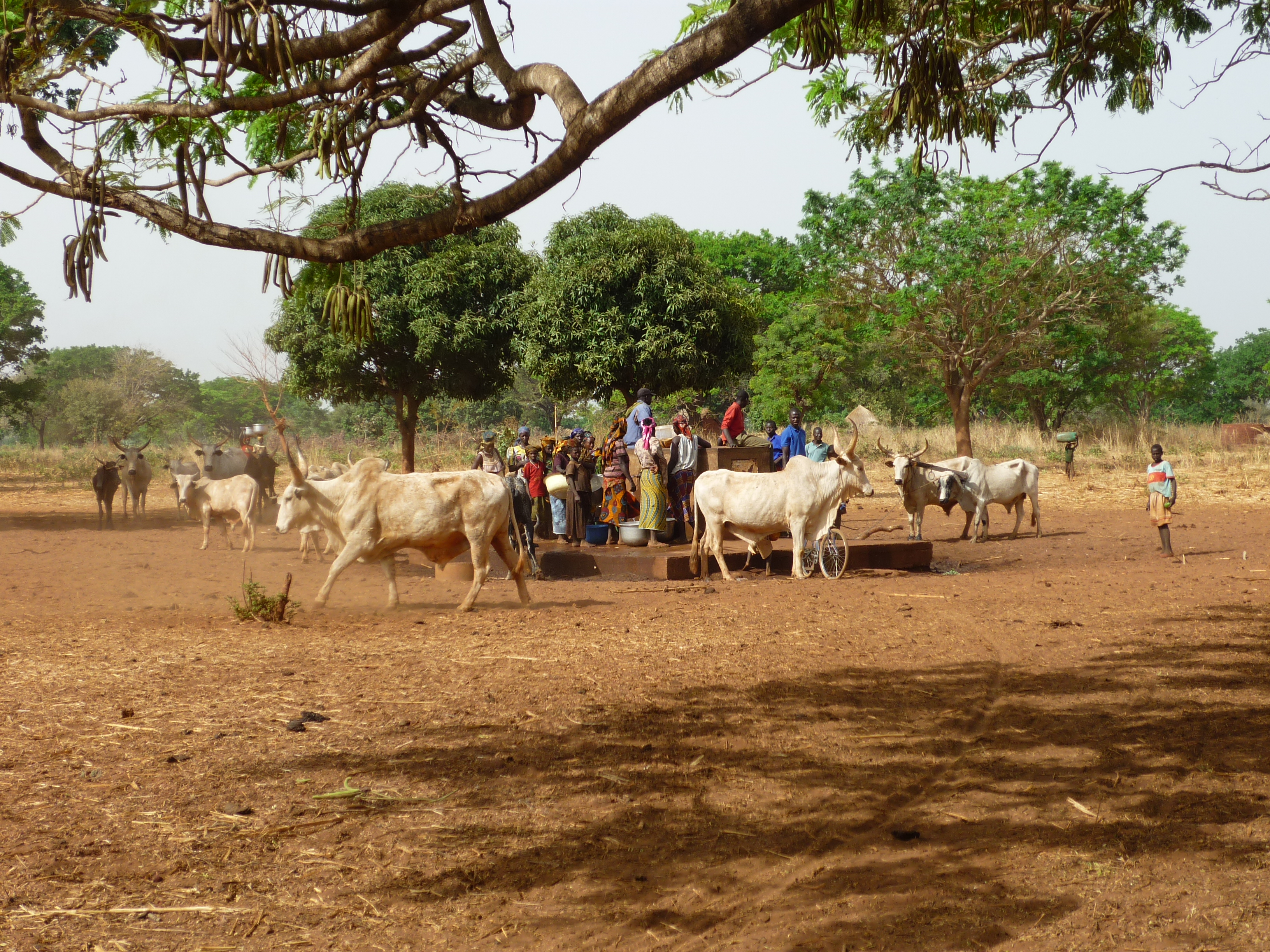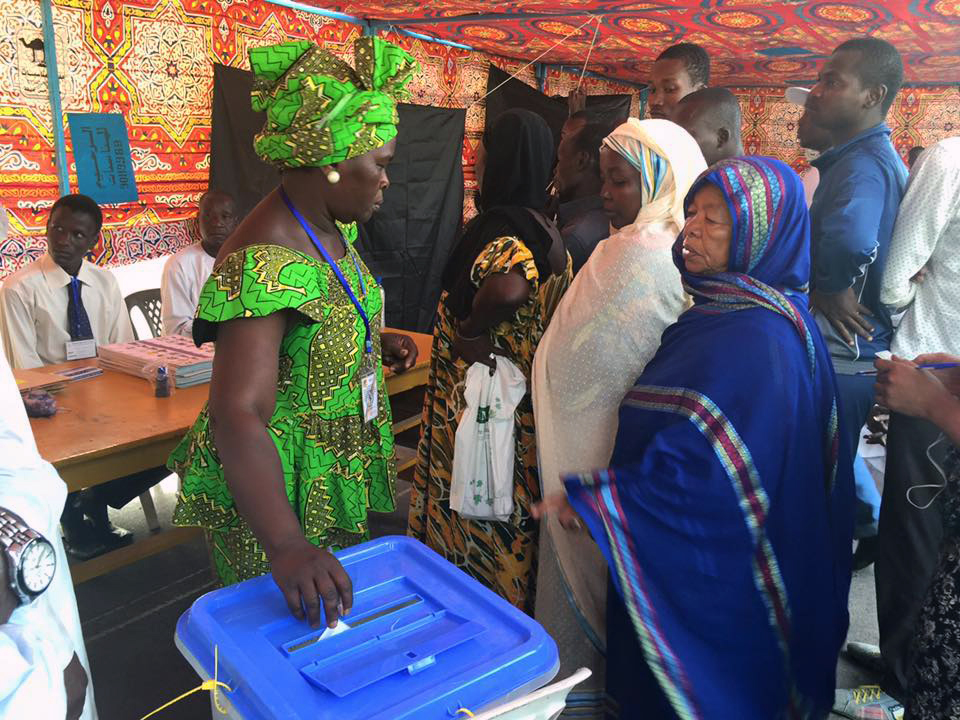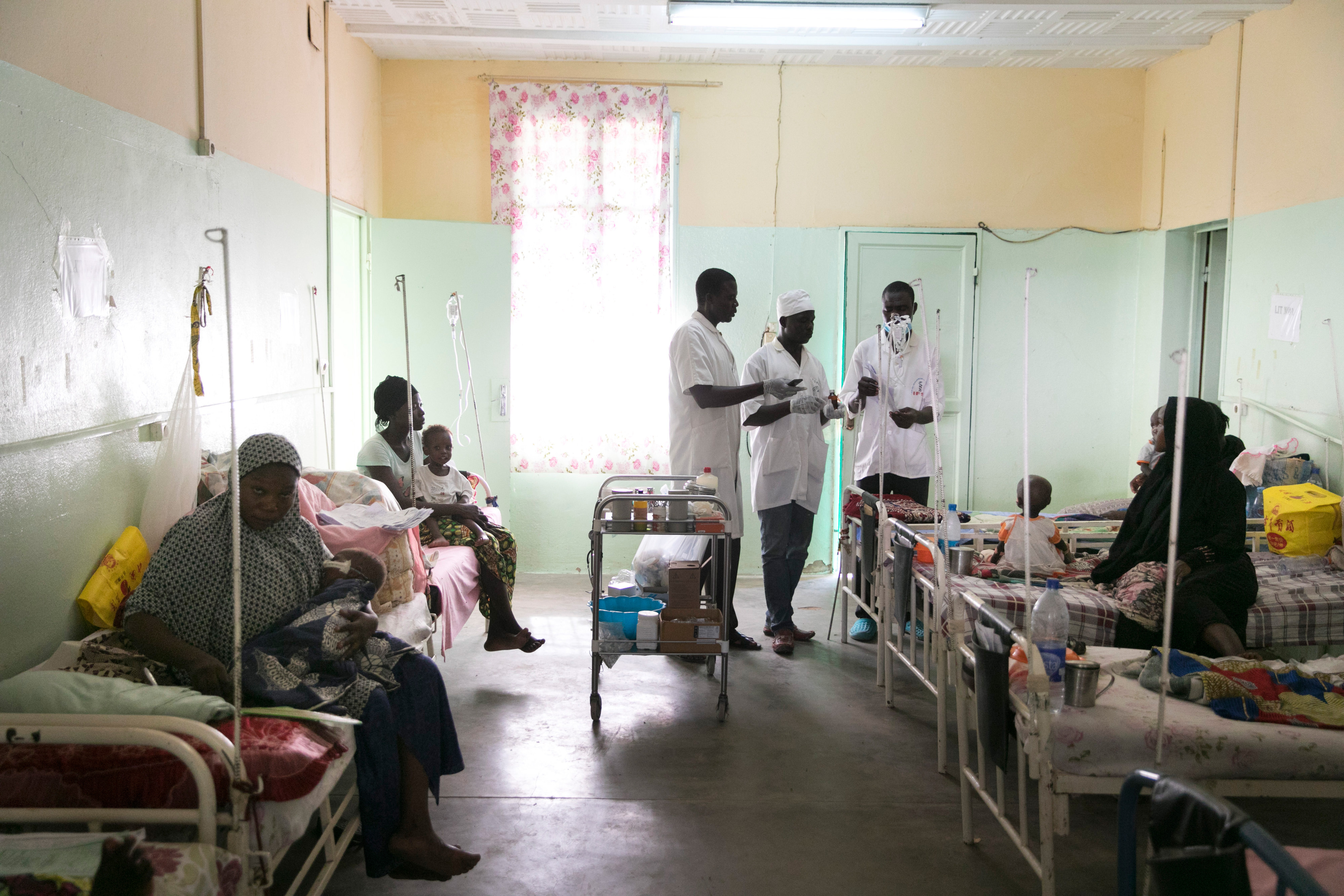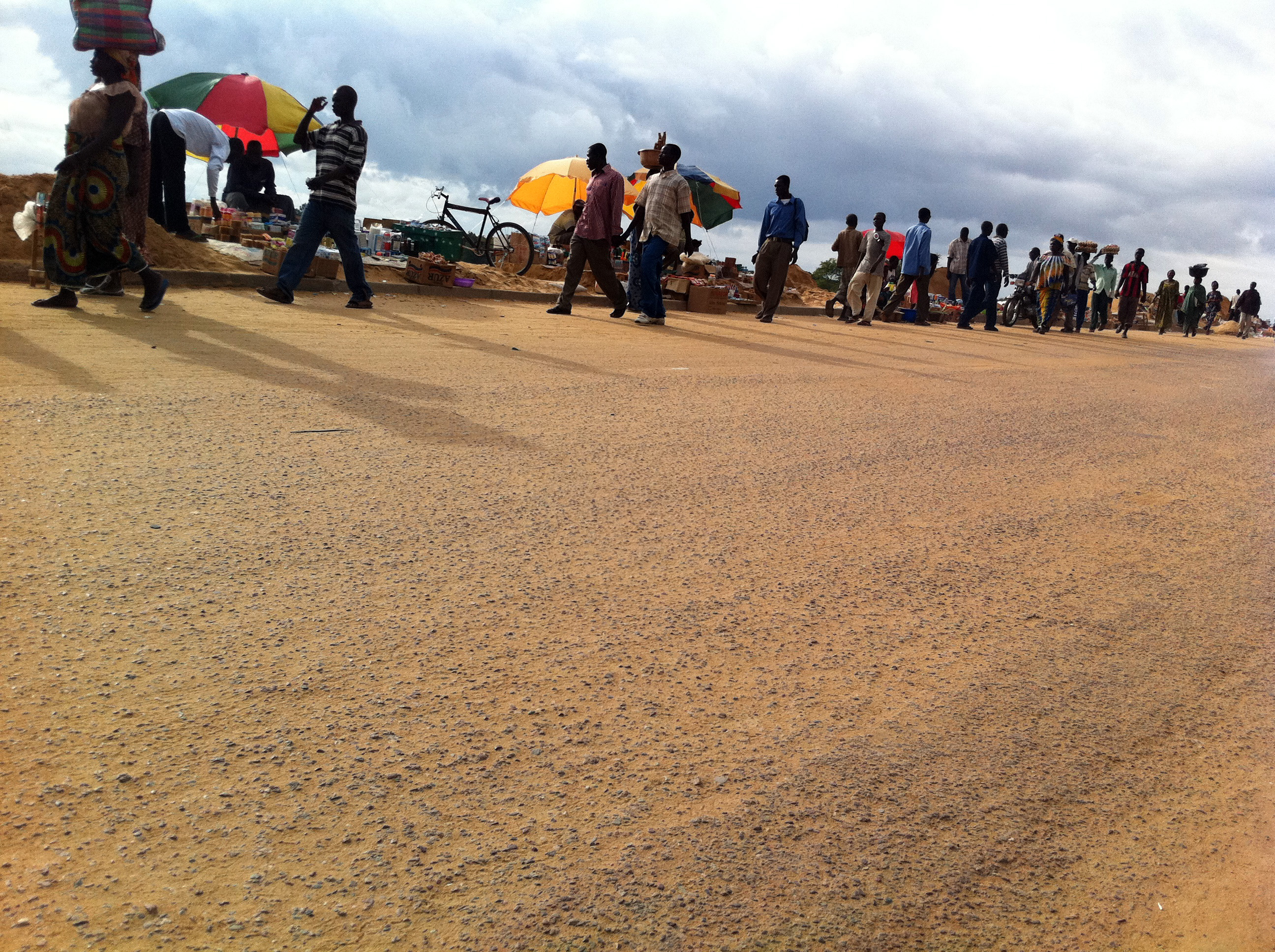Villagers around a public well in Chad
Copyright© Jean-Louis Couture/Water Alternatives, via flickr, CC BY-NC 2.0
Chad
Chad has taken in more than 2.16 million refugees, including more than 1.3 million people from Sudan (UNHCR, as at January 2026). This is putting an additional strain on livelihoods and food supply in the host communities, which have only little resources anyway, and increases the demand for humanitarian aid. Moreover, Chad plays an important role for stabilising the entire Sahel region, which is affected by multiple crises and conflicts. Chad also plays a significant role in countering Russia’s growing influence in the region.
Similarly to the approach taken in Mali, Burkina Faso and Niger, the central government of Chad receives no funding under German development cooperation. Instead, the funds go to subordinate authorities, municipalities, civil society organisations and international organisations who then use the funding for concrete projects. In this way, it can be avoided that the money goes to the wrong people. In addition, German development cooperation focuses on efforts that have a direct impact on communities’ livelihoods, for instance by creating new jobs in agriculture for local inhabitants and refugees, promoting climate-smart farming methods or improving water supply.
In order to provide even more targeted support to the population, in future Germany will assist Chad through projects that are closely coordinated with German development cooperation, with the aim, for instance, of increasing drought resilience in agriculture or creating jobs for local inhabitants and refugees. Such projects are urgently needed so that young people in particular have better prospects for their future. In this way, development cooperation also contributes to regional security – and provides alternative offers that meet people’s practical needs.
German development cooperation with Chad
Chad is a nexus and peace partner for the German Federal Ministry for Economic Cooperation and Development (BMZ). Development cooperation with these partners focuses, in particular, on addressing the structural causes of conflicts, displacement and violence.
Bilateral official development cooperation as another element of international cooperation between Germany and Chad was suspended in 2008. From 2025, however, projects will again be supported to a limited extent. The focus of the collaboration is on promoting vocational training and job creation and on transforming agricultural and food systems.
Currently, the BMZ is funding projects in Chad through its crisis instruments, i.e. transitional development assistance and the Special Initiative on Displaced Persons and Host Countries.
Furthermore, Germany supports the people in Chad through development cooperation with regional organisations such as the Lake Chad Basin Commission (Commission du bassin du lac Tchad, CBLT), the Central African Economic and Monetary Community (CEMAC) and the Commission of Central African Forests (COMIFAC). In addition, the German government is contributing to programmes implemented by the European Union and various multilateral donors and is supporting non-governmental development cooperation in Chad.
Transitional development assistance
The focus of transitional development assistance is on food security, strengthening resilience and improving the living conditions for local communities and displaced persons. The support is to directly benefit the people and is being provided without any involvement of the government. It is mainly channelled through UN agencies, primarily the World Food Programme (WFP) and UNICEF, the United Nations agency for children.
Chad is one of the countries receiving support under the Sahel Resilience Partnership that was established by the BMZ, GIZ, WFP and UNICEF. The focus is on agricultural production, school feeding programmes, improving drinking water supply and sanitation, capacity building in local administrations and measures for peaceful conflict resolution. Particularly vulnerable households are being supported through immediate cash transfers and social services.
Special Initiative on Displaced Persons and Host Countries
Funds provided under the BMZ’s Special Initiative are mainly used for the construction of infrastructure in eastern Chad where a large number of refugees needs assistance (see also: Political situation). In the western part of the country, which is affected by armed conflict, peacebuilding and job creation measures are being financed.
SDG trends for Chad
- On track or maintaining SDG achievement
- Moderately improving
- Stagnating
- Decreasing
- Trend information unavailable




















